The poet Shlomi Haski (55) remembers well the first time he encountered a battle blow, the father of a classmate who returned wounded from the Yom Kippur War.
"Israeli society is maturing."
Shlomi Haski
Photo:
Tamir Bar Yehuda
He clearly remembers the day when Shlomi Haski first understood what post-trauma is.
It happened in 1974, a year after the Yom Kippur War.
"I was in fourth grade and we had a girl in class whose father was wounded in the war," he says. "When he came home, we all went with the teacher to visit their house and give him a present. The teacher told us to behave nicely. So we all sit there on the carpet, and in front of us A man is sitting without a hand. The teacher asks, 'Hello, what do we hear?'
And he says nothing. On the table was a pack of old cigarettes called 'Ascot'. He puts the cigarette in his mouth, his wife lights it for him and he still does not say a word. His gaze is stuck. That day I came home and saw in the newspaper a poem by a poet I did not know until So, David Avidan, called 'Graduation Cycle 73'. This song knocked my head off. "
"A young man who finishes matriculation is going to finish, he has already gone here for days here a friend and there a friend," say the lyrics of Avidan's song that accompany Haski to this day.
This event, and many others whose fragments lie to this day, make up "Dotted Frustration," Haski's new book of poetry.
"It's a not-so-simple journey," he says, "which begins at the Hatzor junction, passes through the railway housing estates of Hebrew and continues between times, coming as aspemia."
This is the fourth book by someone who also serves as a shadow writer and literary editor.
It is all made up of fragments of memories and remnants of traumas that burn in the human psyche until the day he dies.
Battle shock, he says, is the domain of all human beings.
Especially in Israel. "A one-person institution needs a clinical psychologist, I have been saying this for years," he explains.
"I argue that in fact we are all battle-hardened. You can drive on the road now and see it. Completely normal personas that suddenly all sorts of things from the past haunt them."
Sounds like a particularly unhealthy place for a company to be.
"Over the years I'm not excited about it, I even know how to work with it. My main specialty as a shadow writer is biographies on the subject of the army and security. I have a big general sitting in my office who we all look at with blind eyes. Suddenly a plane passes by Ben Gurion, "I'm just sitting next to him and he says to me, 'Haski, are you crazy? They're shooting at us!' I'm going to make coffee, come back with the glasses and he's up in the meantime. And pass it on."
So why do you sound optimistic?
"My mother will tell you how in the War of Independence an Egyptian plane shot at Tel Aviv. Before that, in World War II, an Italian plane shot at Tel Aviv. I mean you grew into it. In recent years we really start talking about the mental wounds. After all, we all grew up on myths here. A man does not cry, paratroopers do not cry. All sorts of myths that most of the guys here grew up on. And suddenly people let themselves talk about these things. This is the maturation of a society. Israeli society is beginning to be aware of itself, to understand what is happening here. It's good. You know you have a problem - you have already solved half of it. "
"Poetry has a lot of power"
A conversation with Haski (55) is an emotional and verbal roller coaster.
For a moment he talks about a "bunch of unshaven and drooping hair" he saw near his house near Abarbanel Hospital, about which he was told they were "heroes from the war in the canal."
Another recounts the day he began to stutter, after a Holocaust survivor grabbed him by the hand as a child while slapping him "between two and four no noise is made here."
Here's a story about 1973's Independence Day and the neighbor who was killed a few months later, before his father took a hammer and broke the whole house.
A thought in the style of "A cemetery is a very beautiful place that no one wants to be in".
Like a row of windows open on a computer browser (and so is his book), he jumps from subject to subject, linking "Snake Fish's" Sticker Song "to Shauli's Civil War sketch from" A Wonderful Land. "
Manny Beger and Yankele Rotblit meet Yehuda Amichai, Yona Wallach and Hanoch Levin.
And above all there is the Hebrew language and poetry that he praises: "The rumors about the death of poetry were certainly early. What is happening now shows you how many people consume culture and art. People are running frantically, filling halls in advance."
But they do not run to poetry evenings.
"Yes and no. You have the Poetry Slam first. But by and large I think poetry has a lot of power. Take for example 'Song of Peace'. Gandhi was then a Central Command general and was banned from playing this song. In this song quite a bit of power and at the time he was a song "Subversive. It's a censored song. It just shows you that when you censor something, how powerful it is. Poetry has a lot of power."

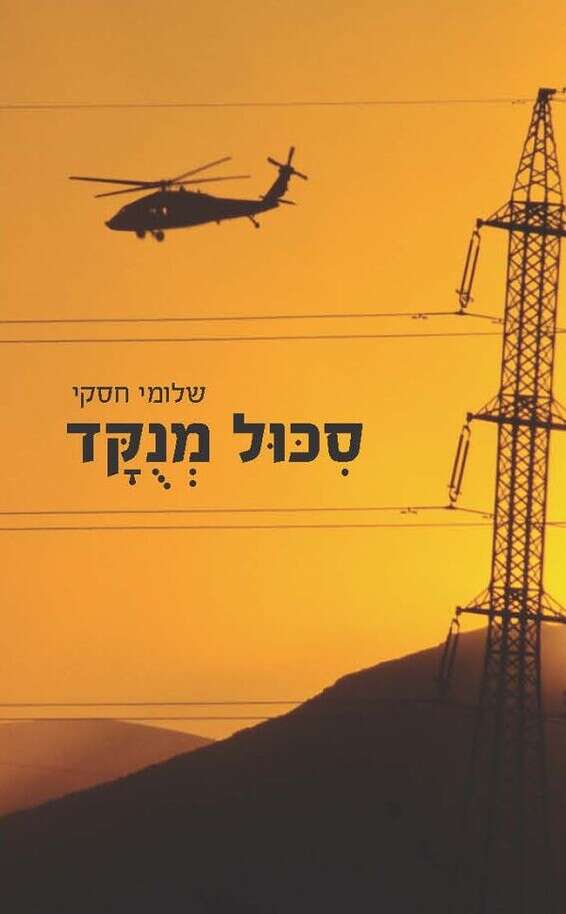
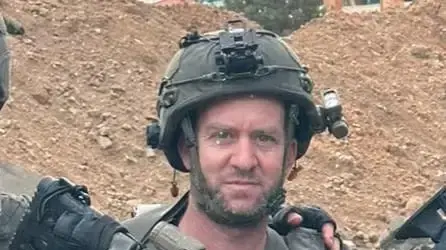
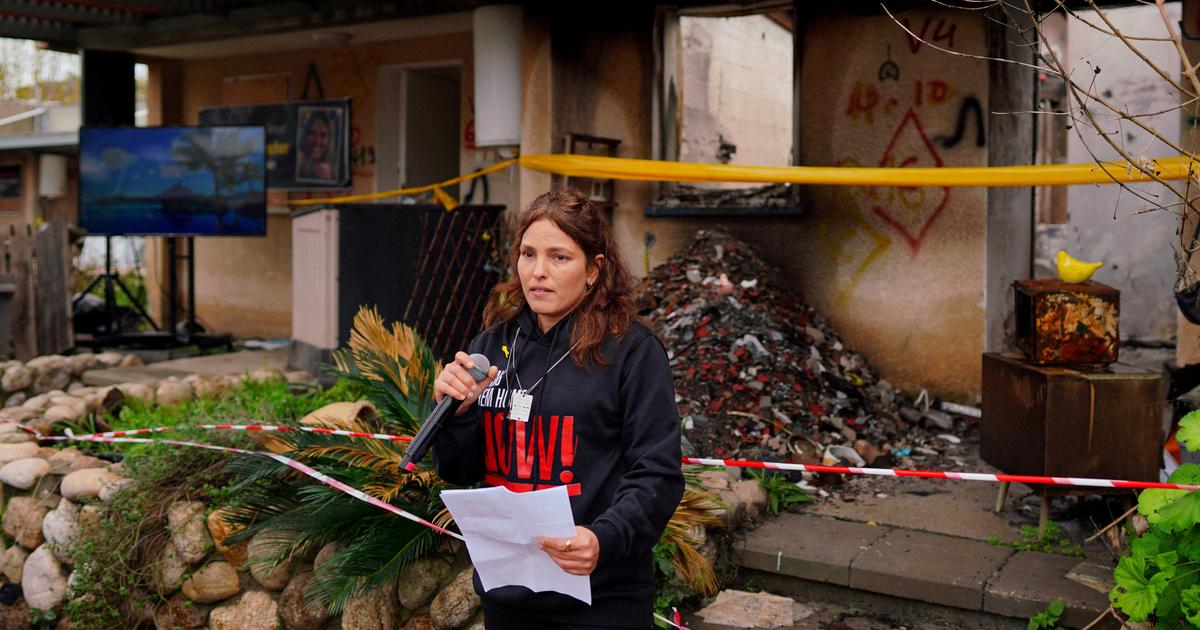


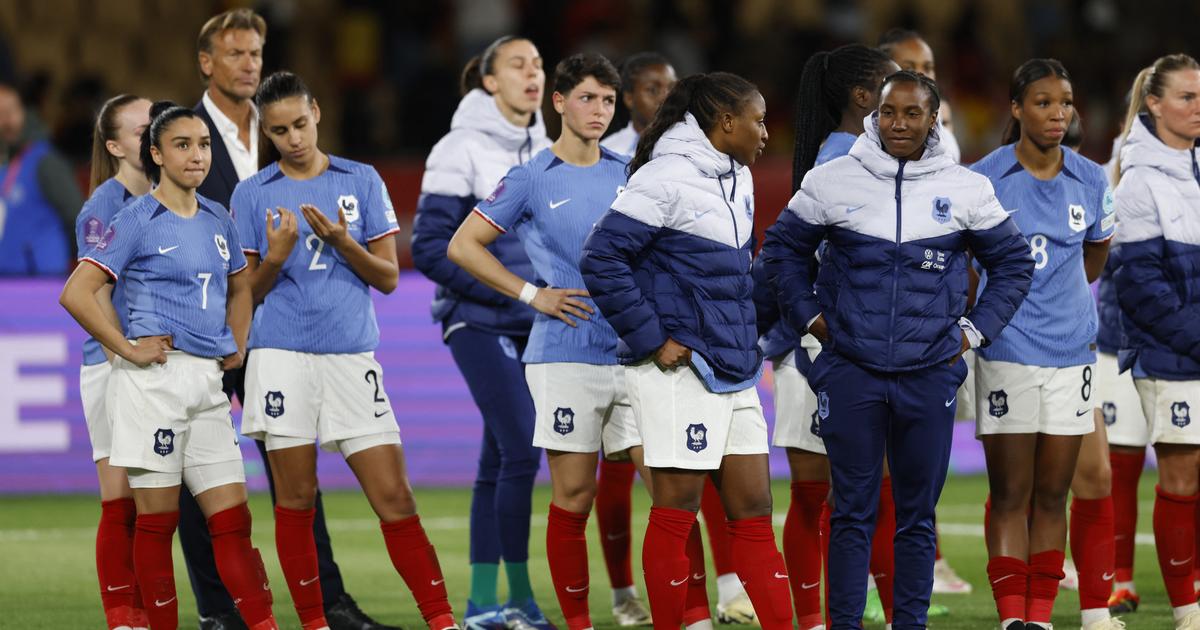
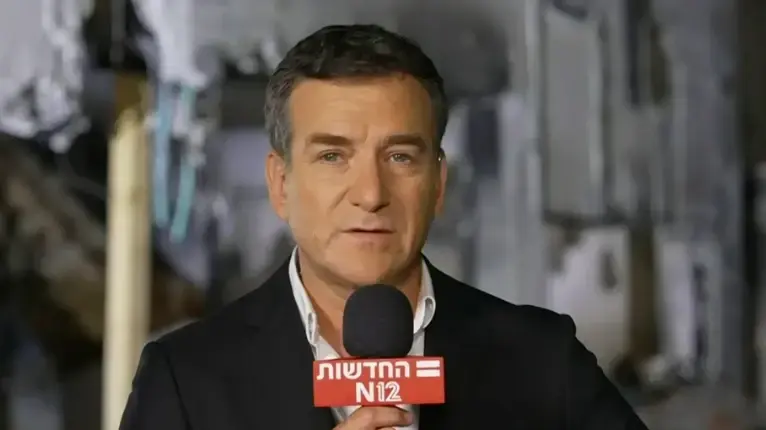
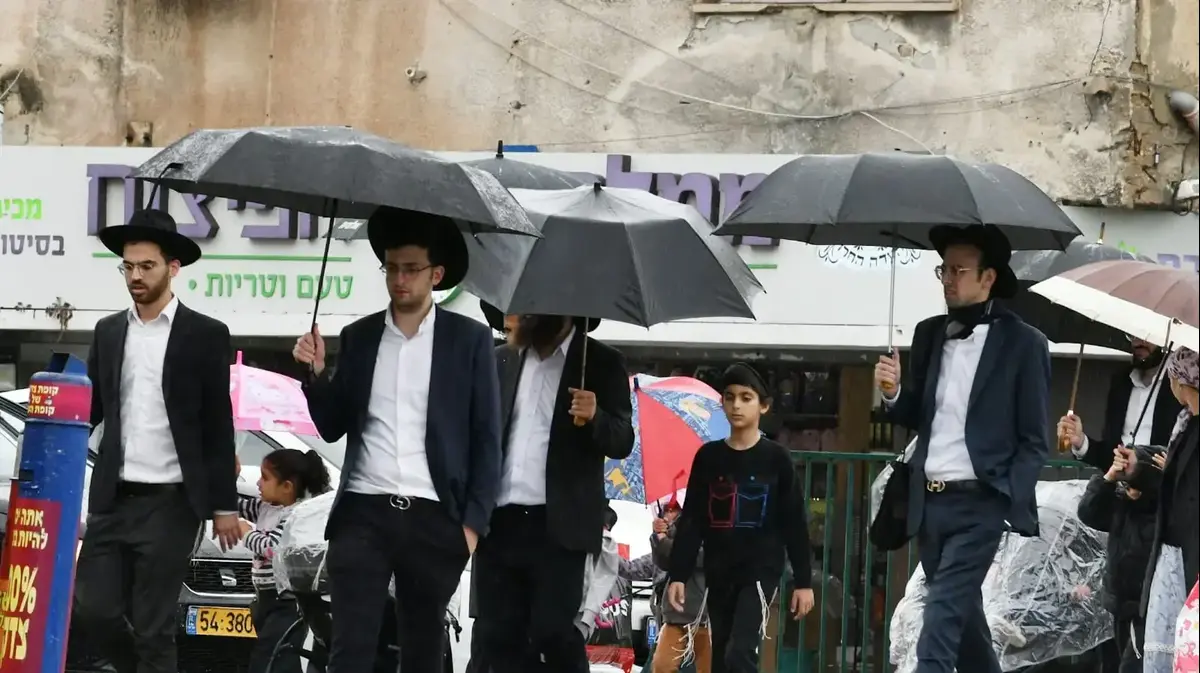
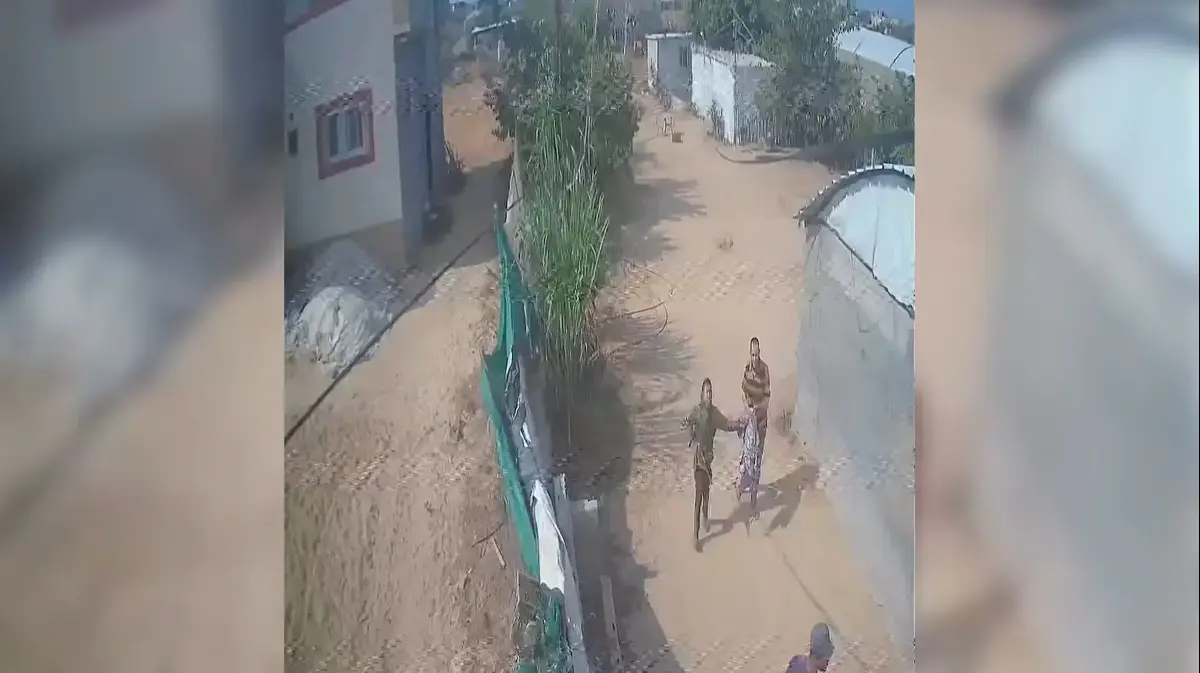





/cloudfront-eu-central-1.images.arcpublishing.com/prisa/IGZ7GOCXZ5GUPAQ2HWGK6Z76BU.jpg)